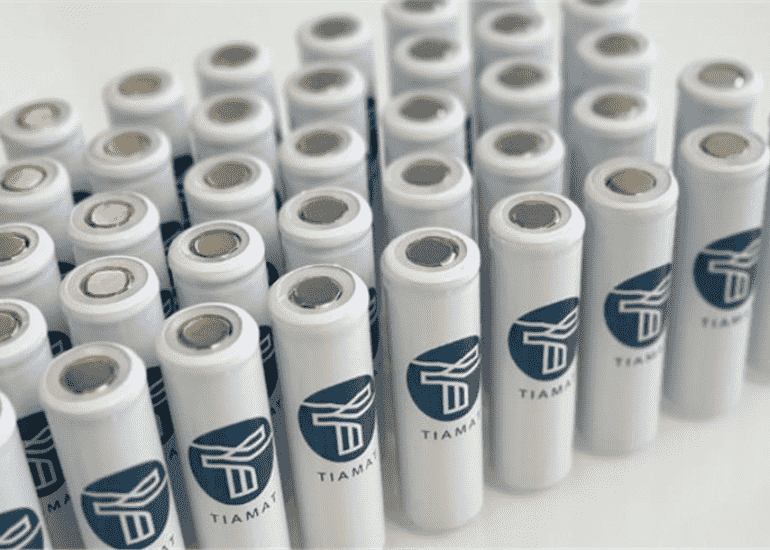Stellantis Ventures has announced its participation as a strategic investor in Tiamat that is developing and commercializing sodium-ion battery technology.
Sodium-ion technology has a cheaper cost per kilowatt-hour and is free of lithium and cobalt. The abundance of salt provides benefits in terms of sustainability and material sovereignty.
Tiamat was one of 11 top-performing technological start-ups recognized with a Stellantis Ventures Award in 2023, and it is the first firm in the world to have recently implemented sodium-ion technology in an electric product.
The investment furthers Stellantis’ objective to deliver clean, safe, and cheap mobility to clients worldwide. Sodium-ion technology has the potential to provide more cost-effective energy storage than today’s commonly utilized lithium-ion battery technology.
Ned Curic, Stellantis Chief Engineering and Technology Officer, said, “Exploring new options for more sustainable and affordable batteries that use widely available raw materials is a key part of our ambitions of the Dare Forward 2030 strategic plan that will see us reach carbon net zero by 2038. Our customers are asking for emissions-free vehicles that offer a combination of robust driving range, performance and affordability. This is our North Star, as Stellantis and its partners work today to develop ground-breaking technologies for the future.”
The transition to electric propulsion is a significant component of the Dare Forward 2030 strategy plan. It entails achieving a 100% passenger car battery electric vehicle (BEV) sales mix in Europe and a 50% passenger car and light-duty truck BEV sales mix in the United States by 2030. Stellantis plans to secure about 400 GWh of battery capacity in order to meet these sales ambitions. Stellantis is on target to become a carbon net zero firm by 2038, across all scopes, with single-digit percentage compensation for residual emissions.
Stellantis has signed major partnerships throughout the world to assure EV raw material supplies until 2027, therefore supporting that aim. Stellantis is also investing in alternative energy storage technologies, such as solid-state batteries with Factorial Energy, lithium-sulfur chemistry with Lyten Inc., and sodium-ion with Tiamat.


